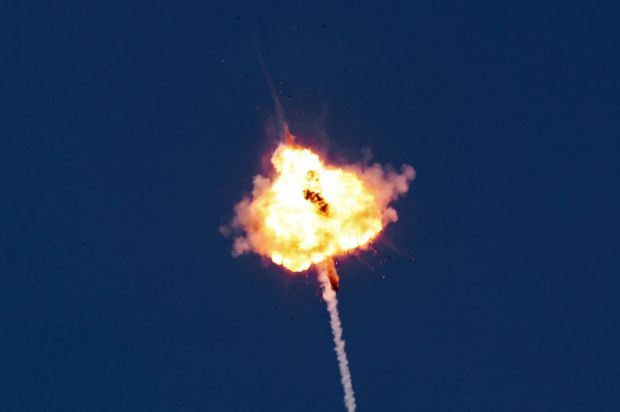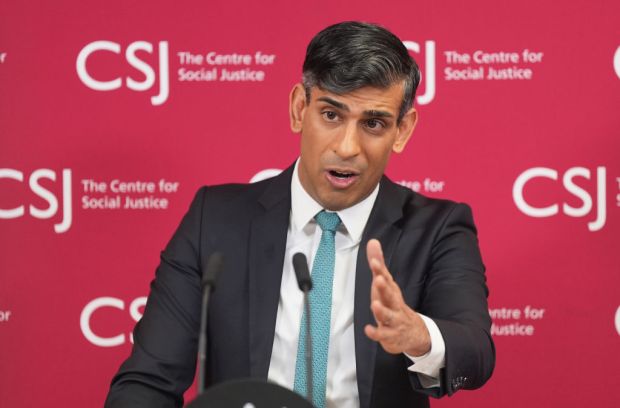Britain must spend more on defence. As I say in the Times today the defence budget is already being increased but it is hard to argue that it is sufficient given how changed the security landscape now looks with Putin’s Russia launching an all-out invasion of a sovereign, European state.
Until this week, the UK could argue that it would only increase defence spending still further when other European members of Nato had pulled their weight and were hitting the 2 per cent of GDP target. But now Olaf Scholz has announced that Germany will be spending 2 per cent – or more – by 2024, which poses another dilemma for London: does it want to remain the second biggest defence spender in Nato after the US? This status is important to the UK’s standing in both Washington and in Europe. This country would need to commit an extra 0.4 per cent more of GDP, £8.8 billion, to maintain its position.
Britain’s reputation, of course, does not just depend on how much it spends on defence. It also comes from a willingness to deploy troops, the resources and experience built up over decades and a shared threat perception with Washington: it will take Berlin a decade to have the capabilities to match its new intentions. But it would be in Britain’s national interest to maintain its position, particularly if it wishes to be influential in the Indo-Pacific as well as Europe. Several senior figures in government accept that defence spending will have to rise but there is not yet unanimity on this point.
A bigger defence budget raises the question of how that should be paid for. In an ideal world, economic growth would do the job. But since the financial crash productivity has grown by a mere 0.4 per cent a year; in the 30 years before that it grew at an average of 2.2 per cent a year. In its absence there will need to be spending restraint elsewhere. We are entering an inflationary era: one secretary of state predicts that the economic fallout from this conflict means we are heading for double digit inflation, not the 7 per cent peak the Bank of England predicted before war broke out. This is a particular problem for the UK given that we have twice the G7 average of inflation-linked debt. In January 2021, the UK spent £1.6 billion on servicing that debt; this January, it spent £6.1 billion.
The idea of simply borrowing more to pay for a sustained increase in defence spending would expose the UK to an unacceptable level of financial risk. So, cuts are going to have to be made elsewhere.
Got something to add? Join the discussion and comment below.
Get 10 issues for just $10
Subscribe to The Spectator Australia today for the next 10 magazine issues, plus full online access, for just $10.




















Comments
Don't miss out
Join the conversation with other Spectator Australia readers. Subscribe to leave a comment.
SUBSCRIBEAlready a subscriber? Log in